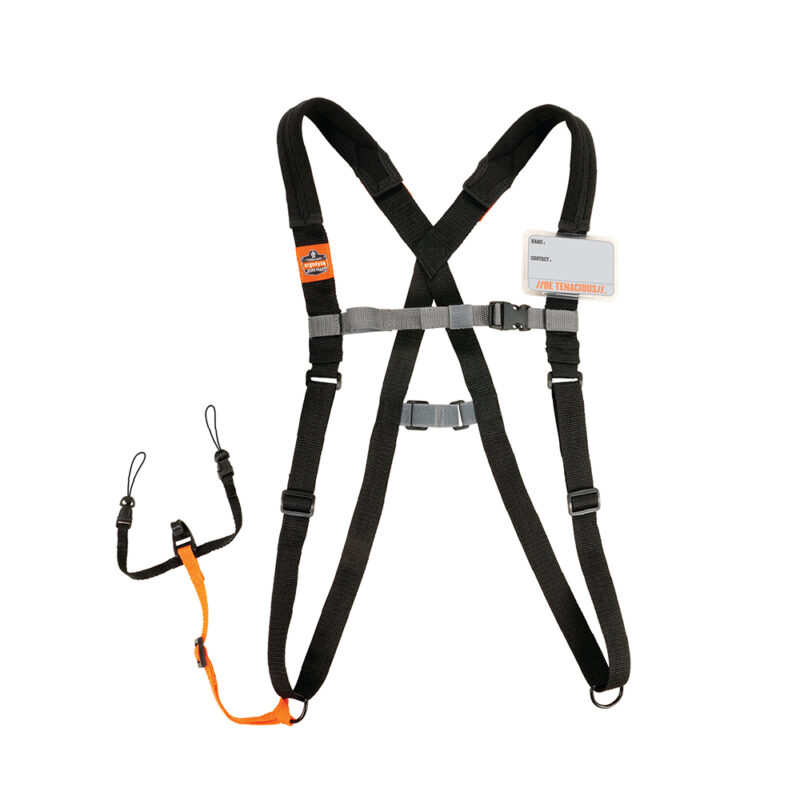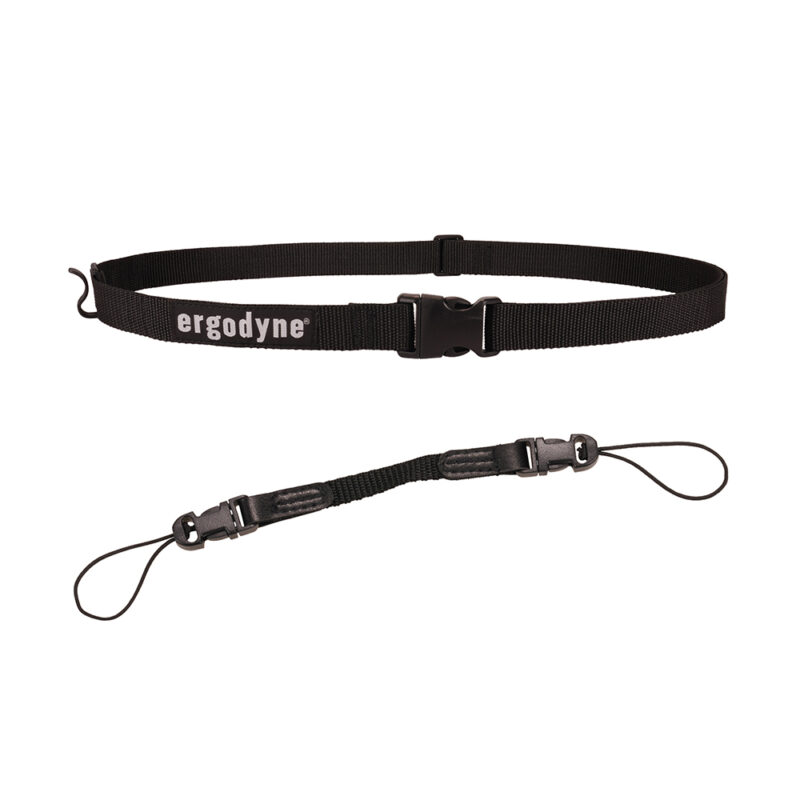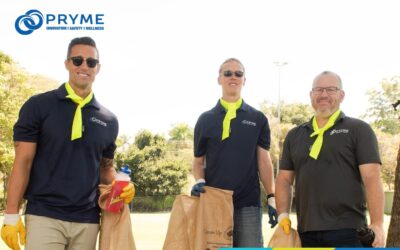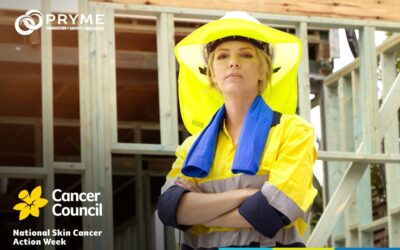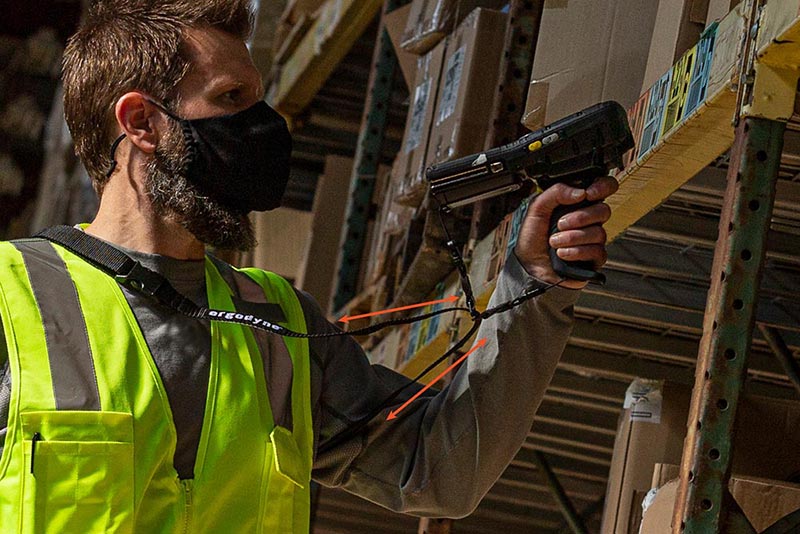
KEY POINTS
- WMSDs are rising drastically across our logistics and supply chain work environments
- Conditions are costing businesses millions in worker’s compensation claims every year
- Safe work practices and personal protective equipment are the key to combatting the problem
As the COVID-19 pandemic continues to disrupt and change how we operate as a society, we are increasingly relying on supply chains to bring products to us.
Within the Asia-Pacific region, Australia Post has identified a demand increase of more than 180 percent[1] throughout multiple sectors in their domestic parcel service, highlighting the immense pressure supply chain staff throughout the country are facing. We may not realise it, but the sheer people-power required to ensure shops and stores are fully stocked and are also able to offer the latest fashion or gadget delivered to your door, is rapidly becoming a significant part of the new ‘norm’; and what’s more, it is growing faster than ever before.
The cost of such a variety of convenience is often borne by the very people enabling it; musculoskeletal disorders (or WMSDs) are rising dramatically amongst our logistics and supply chain workers. WMSDs have become some of our biggest health priority areas. More than half of Australians with WMSDs are within their prime working age and it is expected that WMSDs will affect more than 30 percent of the population within the next two decades[2].
But it is not just Australians suffering from these debilitating conditions. Outgoing Amazon CEO Jeff Bezos pushed for a closer look into the mechanics of workplace injuries as part of his latest – and final – letter to shareholders, claiming the majority of WMSDs are likely to occur during an employee’s first six months on the job. Amazon is currently focused on the development of more regular staff rotations and scheduling, and hiring more than 6,000 safety specialists to work directly with employees.
This is a global issue, and one that needs to be taken seriously.
The rise and prevalence of WMSDs is increasingly affecting national productivity and costing businesses millions in worker’s compensation claims. More than $11.7 billion was lost in productivity and other financial costs in 2012 alone[3], and this number is only expected to rise.
Pryme is uniquely positioned to challenge the rising rates of WMSDs with our enhanced range of personal protective equipment. We know the personal and financial costs that can result from workplace injuries, and our objective throughout 2021 is to pioneer, develop and oversee a significant reduction in lost time injuries and compensation claims throughout the country.
Our Ergodyne range focuses specifically on the prevention of repetitive strain injuries leading to WMSDs, complemented by strong support material to caution, remind and guide workers on the correct way to lift, gauge and correctly utilise supports.
This innovative range includes the Kneeling Pad series, specially designed to combat problems caused by regular exposure to pressure from hard surfaces. These types of injuries are most often gradual, occurring over a number of months or years, resulting in painful osteoarthritis or bursitis.
Our Gel Knee Pad Series consists of slip-resistant rubber knee pads featuring the latest in lightweight gel technologies, making it easier to get down on the ground, as well as get up and move between jobs.
Genuine leather knee pads are certainly the most comfortable choice, featuring foam padding that keeps its shape, yet still adjusts to most leg sizes. But that’s not the best part; these pads are particularly suitable for welding, as they are heat resistant and protect against sparks, slag and fire.
Another groundbreaking new product developed by Ergodyne to meet increased volumes through warehouses and distribution centres is their patented SQUIDS™ barcode scanner harness system. Featuring industrial grade materials and a breakaway design for extra safety, this harness and lanyard not only keeps barcode scanners secure and accessible, preventing dangerous and expensive drop incidents, but also eliminates the need for constant bending and twisting of the body whilst reaching for equipment.
One of the most common causes of back injuries in the workplace? Incorrect and unsupported lifting techniques. Incorrectly lifting a load – or even picking up a light object from the ground – puts an enormous amount of pressure on your body that can lead to serious injury. The risk is a whole lot greater for those who are repeating the action all day, every day. Our ‘Eight Commandments of Lifting’ is the most important reading you’ll have today:
- Plan your lift and test the load;
- Ask for help;
- Get a firm footing;
- Bend your knees;
- Tighten your stomach muscles;
- Lift with your legs;
- Keep the load close; and
- Keep your back upright.
Follow these commandments and your risk of injury will be significantly reduced. Better still, invest in the Ergodyne Back Support to reduce the threat even more. Each support comes with helpful instructions to ensure it is fitted correctly, going through how the brace should sit on the body, adjusting the straps and securing the band in a comfortable position. The importance of correctly fitting these supports cannot be overstated, but we are here to help.
There is a plethora of products available to help reduce the physical, mental and financial costs of WMSDs. We apply our experience, and pride ourselves on stocking ‘only the best’.
Give us a call. We are Prymed to assist with any workplace health and safety issue you can throw at us.
[1] https://www.abc.net.au/news/2020-09-01/australia-post-to-break-parcel-delivery-record/12614028#
[2] www.msk.org.au A problem worth solving: The rising cost of musculoskeletal conditions in Australia
[3] www.msk.org.au A problem worth solving: The rising cost of musculoskeletal conditions in Australia (Cost Impact)
Categories
Recent Posts
- Innovation in Knee Protection: The Proflex® Hinged Knee Pads
- Celebrate Australian Made Week 2024 with Maxiblock Sunscreen
- MATES BIG LAP 2024: Get moving for your mates
- Understanding Heat Stress Risks for Outdoor Workers in the Tropics
- How Australian Businesses Can Prepare for Extreme Heat Events: Insights from KPMG’s Heat Report
Brands
- Ergodyne
- Sqwincher
Sqwincher is an electrolyte enhanced beverage for effective hydration and is the recognised leader in providing hydration solutions to hot workplaces, to help reduce heat related illness and accidents. Keep your workers safe and productive with Sqwincher hydration that works.
- Maxiblock Sunscreen
